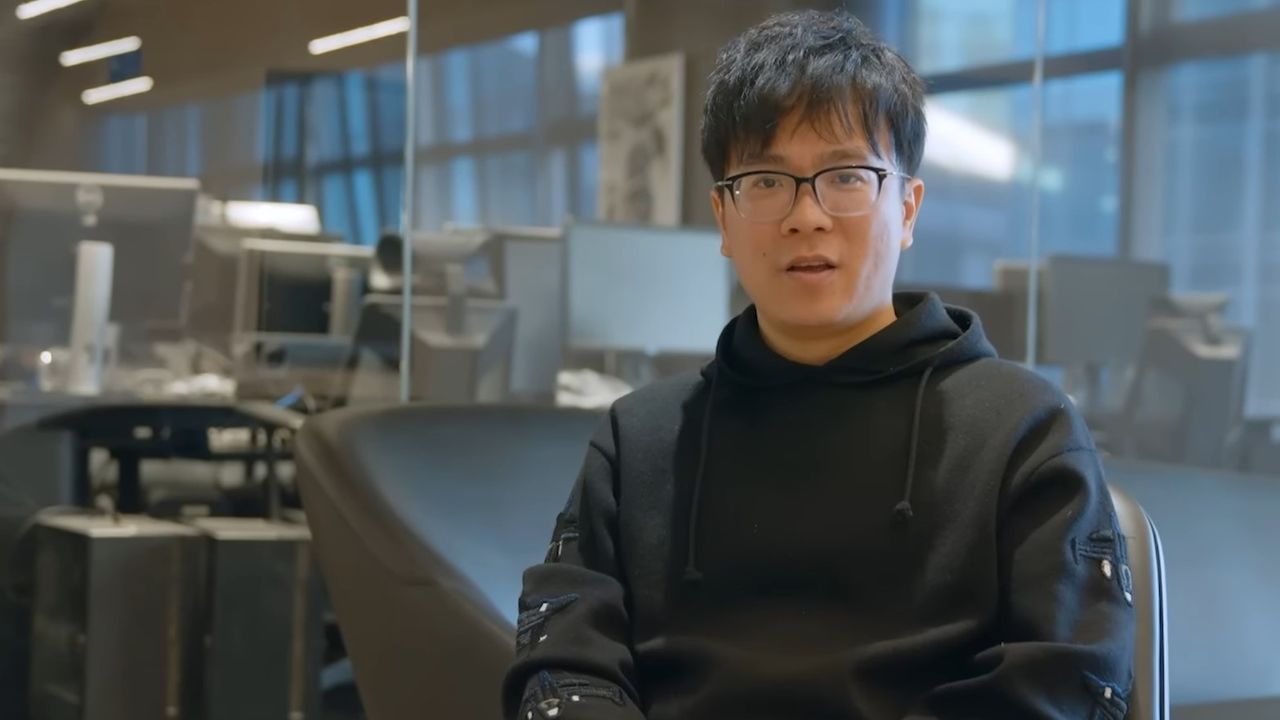Game director “Soulframe” Liang accidentally started his career by making free games in RPG Maker and releasing them online. Two decades later, he’s making one of the highest profile upcoming games in China, the “kungfupunk” actioner Phantom Blade Zero. I recently flew to Beijing to spend a few hours with the game and have come away particularly impressed with its lavish kung fu animation and its approach to difficulty, which is about style over Soulslike sadism.
But I’m more impressed that Liang’s perspective on making games seems to have survived the explosive growth of scaling up to big budget game development without veering off into C-suite corpobabble.
“Since Black Myth: Wukong, all the focus in China is on Chinese-made AAA, big action games or simply big games,” he said. “A lot are coming. It’s different: the AAA big games, for the Americans, are not a new concept. GTA, something like that, is quite familiar. But the fact is here in China, there are many players who don’t even recognize the button icons on a PlayStation controller or Xbox controller.”
There are more than half a billion mobile players in China, but for Liang the platform was a stepping stone to make what he wanted.
“[This game] was always the end goal. But it was very far away 10 years ago, 15 years ago. Even five years ago, it was not so clear yet, until the first trailer for Black Myth: Wukong gave us all the confidence to move forward.
“All we made before were mobile games,” he added. “The mobile games we made were also cool. But that scale, sidescrolling and with kung fu movements and skills, while also cool, I would say was not enough. I am proud of them, but it’s not enough to express my idea of building this Phantom world.”
That’s about as standard a pitch as you can get for moving from mobile to PC development, but he followed it up with a welcome bit of nuance.
“Although in China people love to see bigger games, that doesn’t mean we’re thinking bigger games are good. Good games are good. It’s not ‘big games are good.’ Not inherently. I still admire the games from the PlayStation 1 and PlayStation 2 era. Those games were not big, but those games were good.
“Why were they good? Because they were professional. They were made by real creators. I think as long as the creators are real gamers, and they know what gamers want and they have stable hands to manage everything and their ideas, that’s the most important thing. Good creators can make smaller games or big games, any type of game, but I don’t think that necessarily influences the quality.”
I’ve interviewed many game developers in my time and PC Gamer, and I feel like this sort of statement should, at this point, strike me as passé. It’s obvious, right? But instead, re-reading it makes me want to do a little fist pump, to mutter a little ‘hell yeah.’ It somehow sounds just a tiny bit radical coming from a CEO like Liang, or from Larian CEO Swen Vincke, who used Baldur’s Gate 3’s Game Awards win to criticize “arbitrary sales targets,” layoffs, and “treating players as users to exploit” as blights on the game industry.
Liang didn’t dismiss the value of scale—he pointed out that if “the fundamentals of a game are good,” as with Elden Ring, then going bigger can help the excitement last. But here in 2025 we’re still routinely dealing with open worlds stretched thin to hit some arbitrary size and games that pad out their play time to hit some arbitrary length. I get the sense that Phantom Blade Zero is going to avoid either pitfall, and be better for it.
